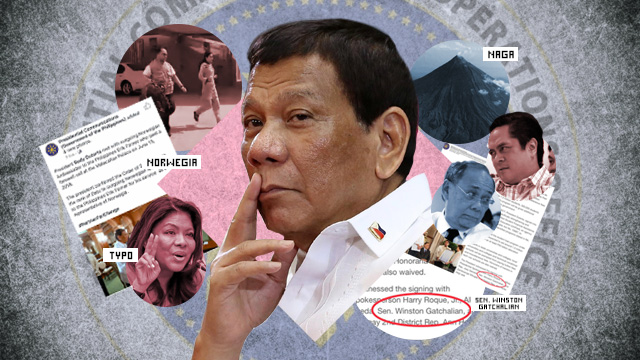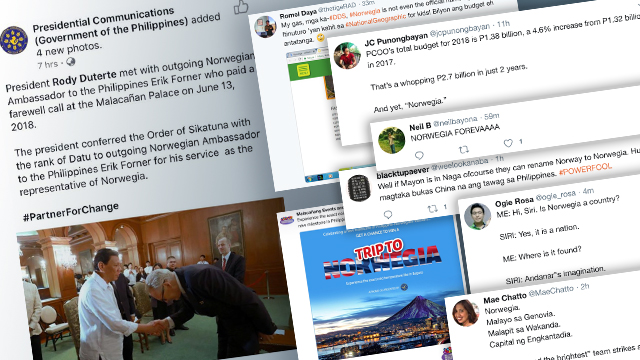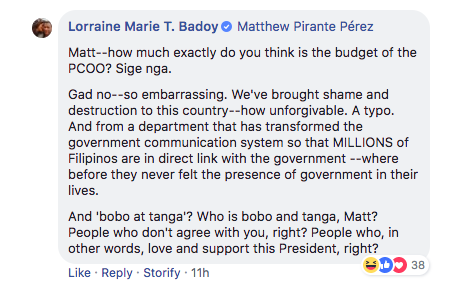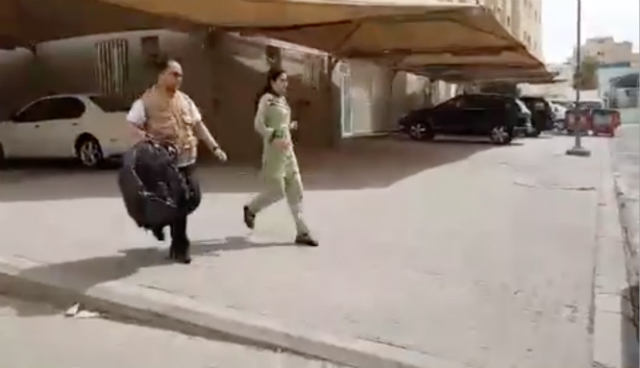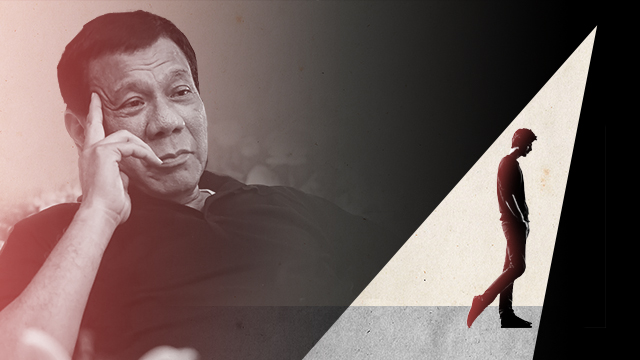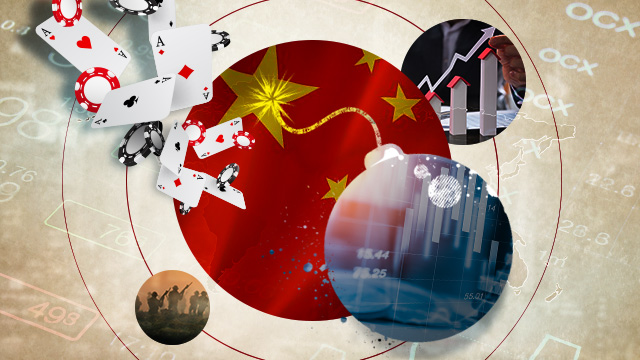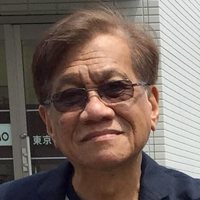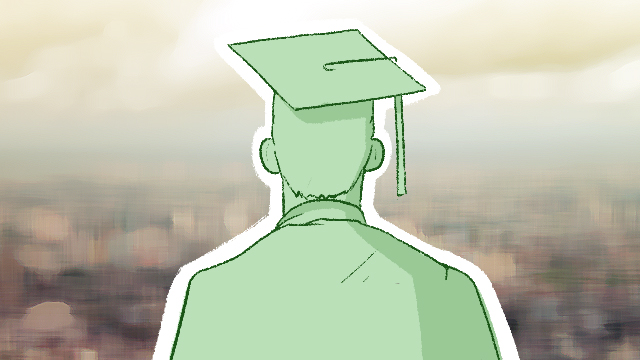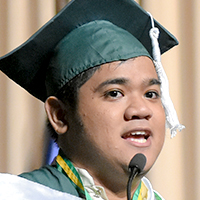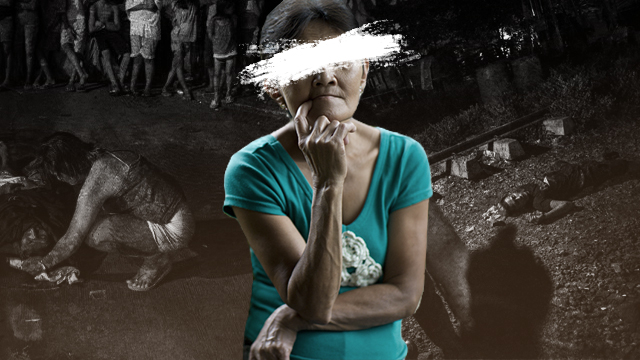![]()
Acting Chief Justice Antonio Carpio delivered this speech to the graduates of the National College of Public Administration and Governance, University of the Philippines, on June 22, 2018.
Allow me to warmly congratulate the 2018 graduates of the National College of Public Administration and Governance (NCPAG) of the University of the Philippines. I have high hopes that you will contribute greatly to the advancement of public governance in our country, especially in ensuring the development of our nation as a united and undivided sovereign state with its territorial integrity and maritime zones intact.
Our nation today is facing radical proposals to change its historic identity, its grant of regional autonomy, and its foreign policy. Because these proposals are radical and divisive, they require the deepest examination from all sectors of our society – from lawyers, public administrators, historians, political experts, businessmen, scientists, farmers, NGOs, and all other sectors in our society. I call these proposals "Ideas that Divide the Nation.
We should be wary of new concepts imported from foreign shores and alien to our history as a people, which could divide the nation and even lead to the dismemberment of the Philippine state. Let me point out a few examples of these divisive ideas that have been introduced into our national discourse.
First divisive idea: First Nation
The first Idea that Divides the Nation is the attempt to introduce the concept of a First Nation into our legal system. The Memorandum of Agreement on Ancestral Domain, initialed by the Arroyo administration with the MILF in 2008, and which the Supreme Court declared unconstitutional, contained a provision designating the Muslims as the First Nation in the Philippines.
In Canada and the United States, the First Nations were the native inhabitants of North America at the time of the arrival of the European settlers starting in the 16th century. The European settlers or Caucasian white people later became the majority and dominated the earlier people – the Indians – thus creating two distinct classes of people inhabiting the same territory. The native inhabitants or the Indians have a different DNA and facial features from the Caucasian white people. The Indians and the Caucasian white people belong to different races. Clearly, there are real First Nations in Canada and the United States. These First Nations are thus accorded their own territory or ancestral domains. The First Nations receive royalties for the exploitation of natural resources in their ancestral domains.
"Any attempt to designate a group of people in the Philippines as the First Nation is historically baseless and a fraud on the rest of the Filipino nation."
In the Philippines, there is no First Nation. If you take the DNA of people in Luzon, Visayas and Mindanao, whether Lumads, Christians, or Muslims, you will find they all belong to the same Malay race, except probably the Aetas. Practically all the people of the Philippines belong to one race. They are all native inhabitants of the Philippines. There is no foreign race that settled in the Philippines and dominated the native inhabitants.
The native inhabitants of the Philippines were originally all Lumads. When Arab traders arrived in Sulu in the late 15th century, they introduced Islam and some Lumads became Muslims. In the early 16th century, Magellan arrived in the Philippines and some Lumads became Christians. However, the Lumads, Muslims, and Christians in the Philippines belonged to the same race – the Malay race – as they, of course, still do today. Thus, there is no First Nation in the Philippines.
Three thousand years ago, the first wave of Austronesian migrants, the ancestors of the Malay race, arrived in Batanes from Taiwan. Over the next 2,500 years, the Austronesian migrants spread over to Luzon, Visayas, Mindanao, Borneo, Indonesia, peninsular Malaysia, central Vietnam, Micronesia, Melanesia and Polynesia, reaching as far as Madagascar off the southeast coast of Africa and Easter Island off the western coast of Chile in South America. It was the widest migration of people by sea in the history of mankind.
Before the sea-faring Austronesians arrived in the Philippines 3,000 years ago, the Philippines was inhabited by Aetas, who came to the Philippines in an earlier wave of migrations from the Asian mainland, possibly through land bridges. The ancient migrations of peoples were driven by climate change and other natural calamities, not by conquest to subjugate a native population. These ancient migrations were not state sponsored as was the colonization and plunder by the Old-World nations of the Americas, Africa, Oceana and Asia starting in the Age of Discovery in the 15th century. We do not consider as the First Nation those who migrated to the Philippines more than 3,000 years ago because of natural phenomena.
Historically, there is no First Nation in the Philippines. Any attempt to designate a group of people in the Philippines as the First Nation is historically baseless and a fraud on the rest of the Filipino nation. Such designation is divisive and will only create conflict within the same Filipino race.
Second divisive idea: Indigenous people
The second Idea that Divides the Nation is the legal concept of indigenous people under the Indigenous Peoples Rights Act of 1997 or the IPRA Law. Under the IPRA Law, Filipinos who are Christians, and those who have adopted Western customs and practices, constituting the vast majority of Filipinos, are not indigenous people of the Philippines. As a legal, social, and historical concept, indigenous people are the First People or the Native People, inhabiting a territory from the beginning, in contrast to those who settled in, occupied or colonized the territory later. If the Christian Filipinos like me, and almost all of you here, are not indigenous to the Philippines, where did we come – from Europe, the Middle East, Africa, America, or Mars?
"The IPRA Law discriminates against the majority of native Filipinos on the basis of religion, language, customs, and traditions. The worst injustice is that the majority of native Filipinos like you and me are no longer considered indigenous people of the Philippines."
We are definitely not Europeans, Middle Eastern, Africans, or native Americans. We certainly are not Martians. We are, of course, beyond any shadow of doubt, indigenous to the Philippines. We have the same DNA, belonging to the same Malay race, as the non-Christian Lumads who are called indigenous people under the IPRA Law. The ancestors of Christians Filipinos were Lumads too before they converted to Christianity. Should their descendants now be designated by law non-indigenous to the Philippines just because their ancestors exercised their religious freedom upon the arrival of the Spaniards almost 500 years ago?
The fact that some native inhabitants of the Philippines embraced Christianity, Islam, or any other non-indigenous religion and adopted Western or Middle Eastern customs and practices did not, for sure, make them non-indigenous to the Philippines. But the IPRA Law disqualifies them from being called indigenous people. Under the IPRA Law, Filipino Muslims are also not indigenous people.
The IPRA Law discriminates against the majority of native Filipinos on the basis of religion, language, customs, and traditions. The worst injustice is that the majority of native Filipinos like you and me are no longer considered indigenous people of the Philippines. Under the IPRA Law, we are non-indigenous, meaning, we are alien settlers, occupiers, or colonizers in our own country. This is historically false, divisive, and should never form part of our legal system.
Third divisive idea: Right to self-determination
The 3rd Idea that Divides the Nation is the proposition, found in the proposed Bangsamoro Basic Law or BBL now pending before Congress, that the BBL represents the aspiration of the Bangsamoro people to their right to self-determination. The right to self-determination, a recognized principle in international law, has two meanings, depending on the socio-political environment where it is used. First, the right to self-determination can mean the right of an ethnic minority to self-governance within a single indivisible state. This meaning is consistent with our Constitution. Second, the right to self-determination can also mean the right to secession or independence from a state. This meaning is anathema to the Constitution and must not be allowed to be grafted into our legal system.
There is an absolute need to clarify that the right to self-determination proposed to be embodied in the BBL is the right to self-governance within a single Philippine state. There should be no ambiguity whatsoever about this. If there is no clarification, or if there is even a shadow of doubt, then the right to self-determination can be interpreted in the light of the long history of secessionist movements among the Muslim communities in Southern Philippines. That would mean that the right to self-determination is the right to secede. This will result in the dismemberment of the Republic, a prospect too horrendous to contemplate.
I once asked a Spanish judge why the Catalonia autonomous region in Spain held a referendum on whether or not Catalonia should secede from Spain. The Spanish judge replied that the Spanish Constitution is silent on whether the autonomous regions can secede or not. The central government in Madrid interprets the silence as prohibition to secede, while Catalonia interprets the silence as non-prohibition to secede. The Spanish judge then gave a very sound advice: be sure that in your law granting autonomy to any region, there is a clear and categorical prohibition to secede, including a clear and categorical prohibition to hold any referendum on secession. Thus, we cannot incorporate into our legal system, through silence, negligence, or ignorance, the utterly divisive idea of the right to secede in the BBL.
Fourth divisive idea: Enforcing the arbitral ruling means war
The 4th, and my last example of an Idea that Divides the Nation, is the Duterte administration's foreign policy in the West Philippine Sea which can be summarized in this way: if we seek to enforce the arbitral ruling, China will go to war against the Philippines.
President Rodrigo Duterte has announced that he was "setting aside" the arbitral ruling by an UNCLOS arbitral tribunal that declared without legal effect China's notorious nine-dashed line in the South China Sea. The arbitral tribunal held that the Philippines has a full 200 NM Exclusive Economic Zone (EEZ) in the West Philippine Sea, a maritime area larger than the total land area of the Philippines. By any yardstick, the landmark ruling was an overwhelming victory for the Philippines and the Filipino people.
However, President Rodrigo Duterte has opted not to enforce the ruling in order to secure loans and investments from China, even as China continues to relentlessly encroach on Philippine territory and maritime zones in the West Philippine Sea. We all know that the fish, oil, gas, and other mineral resources in our Exclusive Economic Zone in the West Philippine Sea are worth far more than whatever loans and investments that can come from China. Besides, the country's national territory and maritime zones, involving sovereignty and sovereign rights, are beyond any monetary value.
The President has warned the Filipino people that China will go to war, resulting in a massacre of Filipino soldiers, if the Philippines insists on enforcing the arbitral ruling, as if war is the only means of enforcing the ruling. The President has declared that there are only two options for the Philippines: either we talk to China or go to war with China. There are, of course, other options. There are many peaceful means of enforcing the ruling. Let me mention some of these peaceful means of enforcing the ruling.
"[S]eeking arbitration is never a hostile act. The UN Charter expressly recognizes arbitration as a peaceful means of settling disputes between states."
First, since the ruling recognized our full Exclusive Economic Zone in the West Philippine Sea, we can file an extended continental shelf claim beyond our Exclusive Economic Zone off the coast of Luzon. This is similar to our extended continental shelf claim in Benham Rise in the Philippine Sea. The UN Commission on the Limits of the Continental Shelf, which approves applications for an extended continental shelf, will of course recognize the arbitral ruling issued by a tribunal created under UNCLOS, the same Convention that created the Commission on the Limits of the Continental Shelf. In filing our extended continental shelf claim off the coast of Luzon, China will not even be a respondent or defendant.
Second, we can enter into a sea boundary agreement with Vietnam over our overlapping extended continental shelves beyond the Spratlys. Vietnam has already proposed that we sign such a sea boundary agreement. Likewise, we can enter into a sea boundary agreement with Malaysia over our overlapping EEZs between Borneo and Palawan. We can enter into these sea boundary agreements because the arbitral tribunal ruled that there is no geologic feature in the Spratlys that can generate an exclusive economic zone. These sea boundary agreements apply the arbitral ruling by state practice, thus reinforcing the ruling. In these sea boundary agreements, China will not even be a party.
Third, we can send our survey ships to Reed Bank, and if they are turned back by Chinese coast guard vessels, we can bring the matter in a new arbitration case under UNCLOS. We can demand damages from China for preventing us from exploiting the Reed Bank which has been declared in the arbitral ruling as part of the Exclusive Economic Zone of the Philippines.
Fourth, we can file another arbitration case against China for preventing our fishermen from fishing within the lagoon of Scarborough Shoal, in violation of the arbitral ruling that Filipino, Chinese, and Vietnamese fishermen can fish in the territorial waters of Scarborough Shoal. We can include in this new arbitration the continuing destruction by Chinese fishermen of the coral reef system in Scarborough Shoal. We can ask the arbitral tribunal to award damages to our fishermen for the economic losses they have suffered due to the Chinese actions.
Again, these are just some of the peaceful and legal means of enforcing the arbitral ruling. In particular, seeking arbitration is never a hostile act. The UN Charter expressly recognizes arbitration as a peaceful means of settling disputes between states.
Not a single, right-thinking Filipino asserting our sovereign rights in the West Philippine Sea has called for war against China. It is utterly false to claim that war with China is the necessary consequence of asserting our sovereign rights in the West Philippine Sea. War as a means of enforcing the arbitral ruling is simply a preposterous idea.
Our Constitution prohibits resort to war to enforce the arbitral ruling. The Constitution expressly mandates that the Philippines renounces war as an instrument of national policy. The UN Charter has expressly outlawed war as a means of settling disputes between states. If we declare war against China to enforce the arbitral ruling, we will surely be condemned by all members of the United Nations and even severely sanctioned by the UN Security Council for violating international law and the UN Charter. If the Philippines goes to war, the obvious outcome will be the Philippines fighting not only China, but also the rest of the world. The Philippines will be a pariah in the community of civilized nations.
Under our Constitution, Congress has the sole power to declare war by two-thirds vote of the House and Senate voting separately. I have not heard a single congressman or senator calling for war against China to enforce the arbitral ruling. Besides, we all know that if we go to war against China, we will surely lose and lose badly. Obviously, only a fool will resort to war against China to enforce the arbitral ruling.
War is not an option and has never been an option. That is why when China seized Scarborough Shoal in 2012, we did not send the Philippine marines to retake the shoal. We sent our lawyers to The Hague to invalidate China's nine-dashed line claim under international law. And we won an overwhelming victory. Therefore, we should continue resorting to international law to enforce our sovereign rights in the West Philippine Sea. We should never waiver in enforcing the arbitral ruling in accordance with international law.
"The idea that war is the only means of enforcing the arbitral ruling, or that war is a necessary consequence of enforcing the ruling, is nonsensical, impractical, illegal, divisive and even laughable. Unfortunately, the laugh is on the Filipino nation."
We all know that China is the only state that has seized Philippine territory and maritime zones. China is the only state that is actually a threat to the territorial sovereignty and integrity of the Philippines. That is why our China policy – our response to the Chinese threat in the West Philippine Sea – must not divide the Filipino nation. The nation must be united in defending Philippine territory and maritime zones in the West Philippine Sea against China. When a nation is facing an unjust and unlawful aggression from a foreign state, the leaders of the nation must unite the people in the defense of the state. What our national leaders should never do is to mindlessly divide the nation, like claiming that there will be war if we seek to enforce the arbitral ruling.
My dear graduates, we must all be steadfast in fighting Ideas that Divide the Nation for a divided nation cannot focus on national development, and worse, a divided nation is a weakened nation in defending national territory and maritime zones. We must always be on guard and resist any and all attempts to weaken the nation in defending our national territory and maritime zones. Every Filipino citizen, whether in government or in the private sector, whether holding the highest or lowest position, has a solemn civic duty to preserve, protect, and defend what belongs to the Filipino people. We owe this duty to the present and future generations of Filipinos.
Thank you and once again, congratulations to the graduates. – Rappler.com
![]()

 The first time I met her was in a small meeting of the Coalition for Justice in a nondescript, 2nd floor office space used for Christian worship services. It was a few days before the Supreme Court oral arguments on her quo warranto case. Members of the Coalition were scrambling to organize a valiant campaign against what many considered an inevitable defeat.
The first time I met her was in a small meeting of the Coalition for Justice in a nondescript, 2nd floor office space used for Christian worship services. It was a few days before the Supreme Court oral arguments on her quo warranto case. Members of the Coalition were scrambling to organize a valiant campaign against what many considered an inevitable defeat.
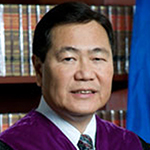

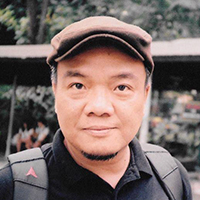
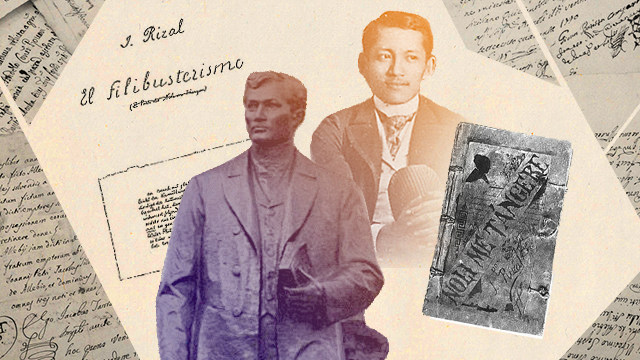





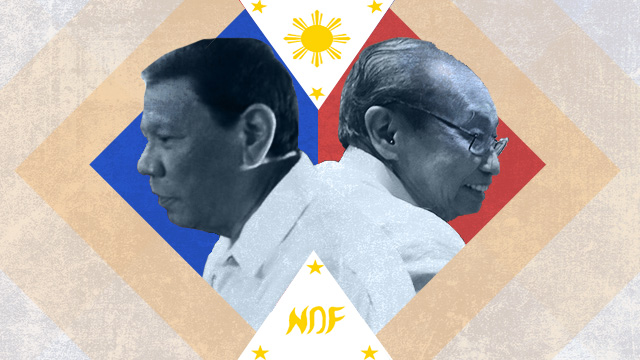
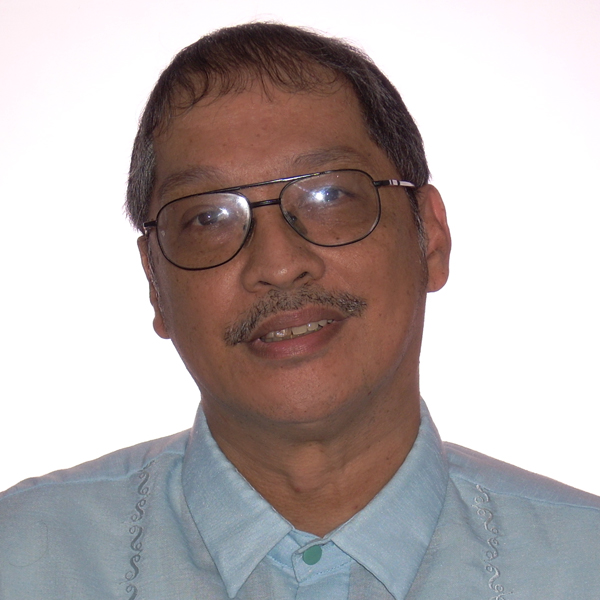
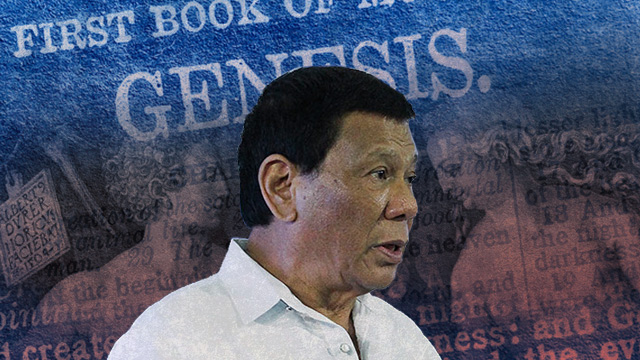
 Ang
Ang 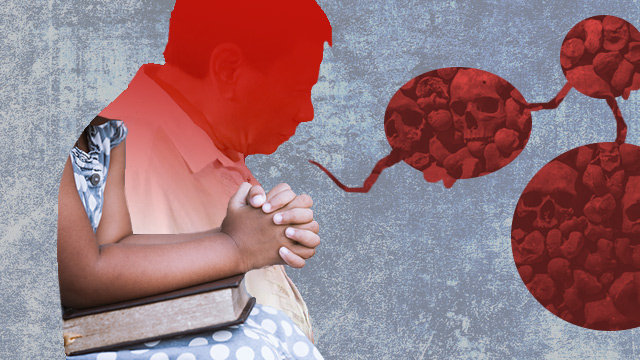
 My dear children of God in the Archdiocese of Lingayen-Dagupan:
My dear children of God in the Archdiocese of Lingayen-Dagupan: 

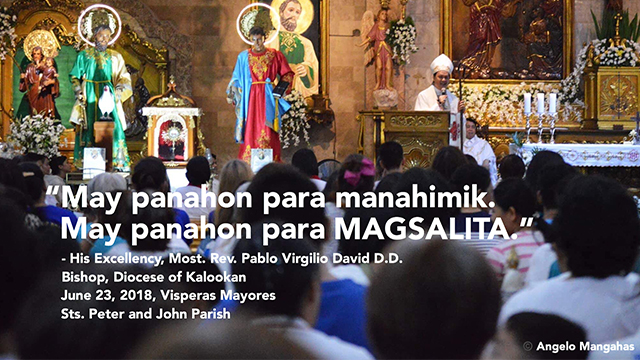
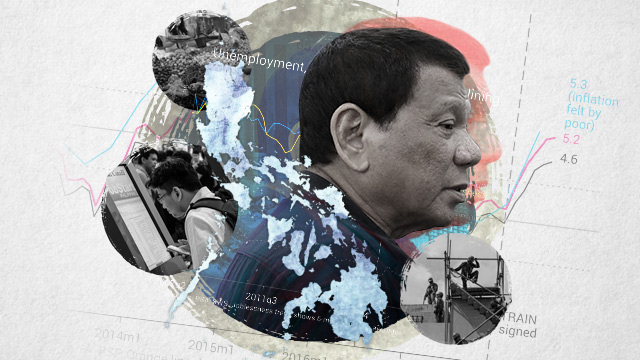
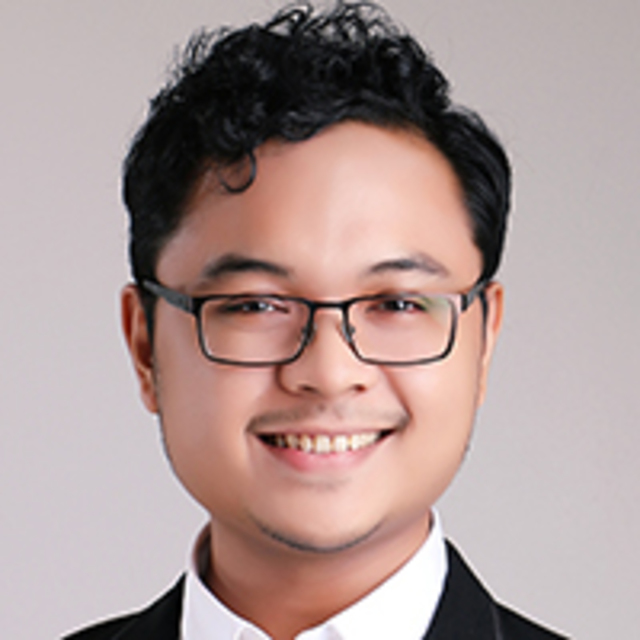
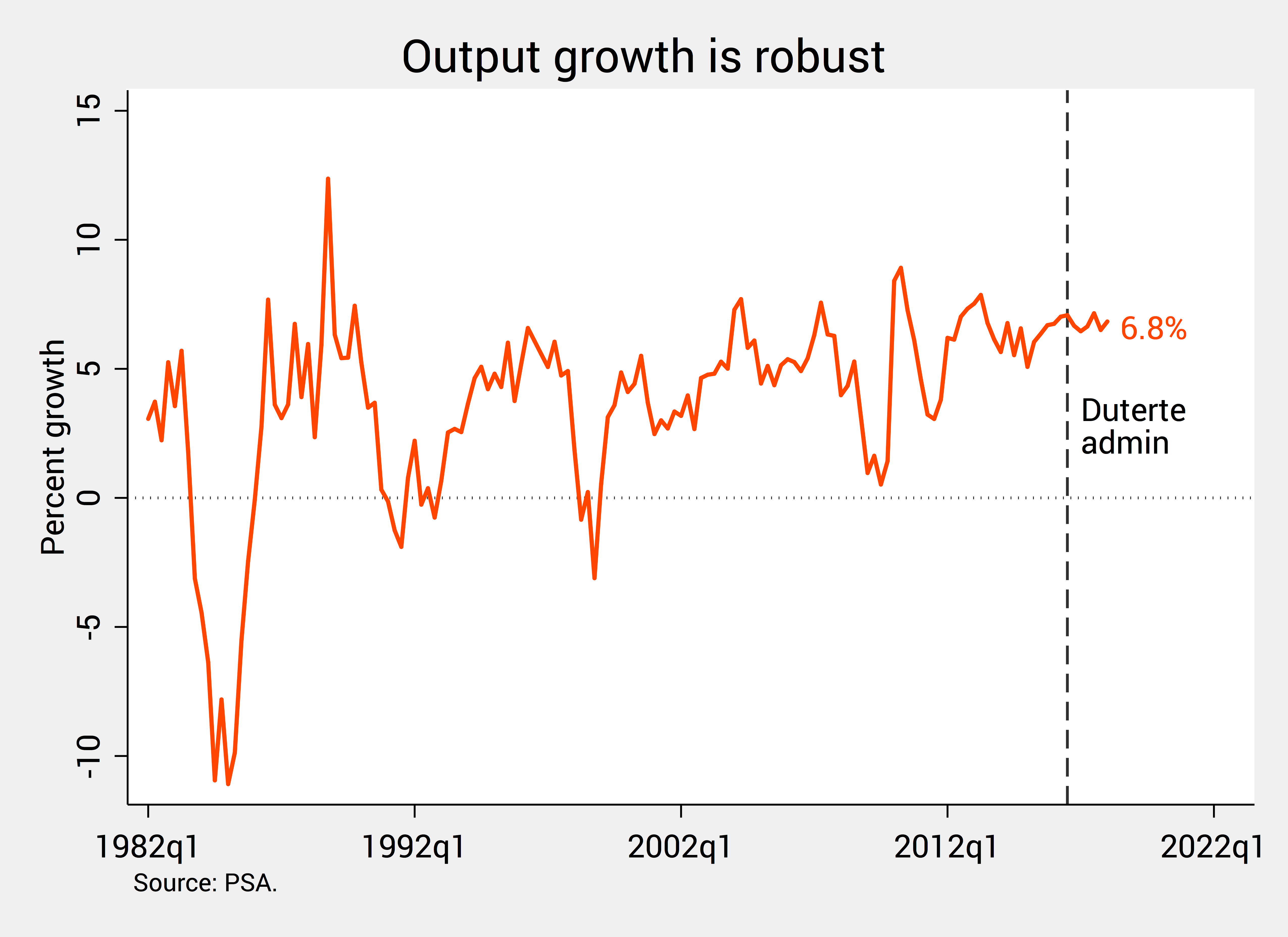
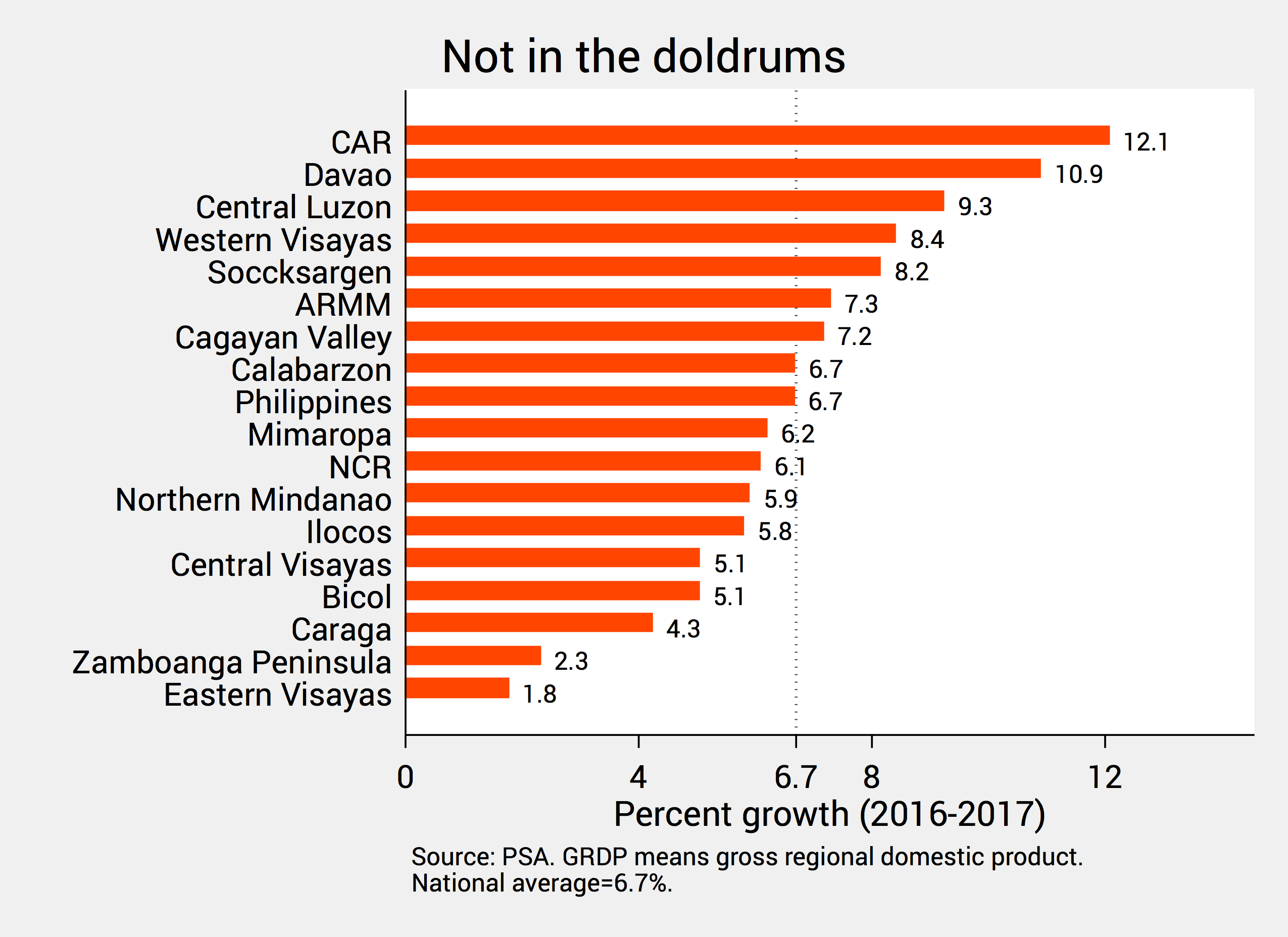
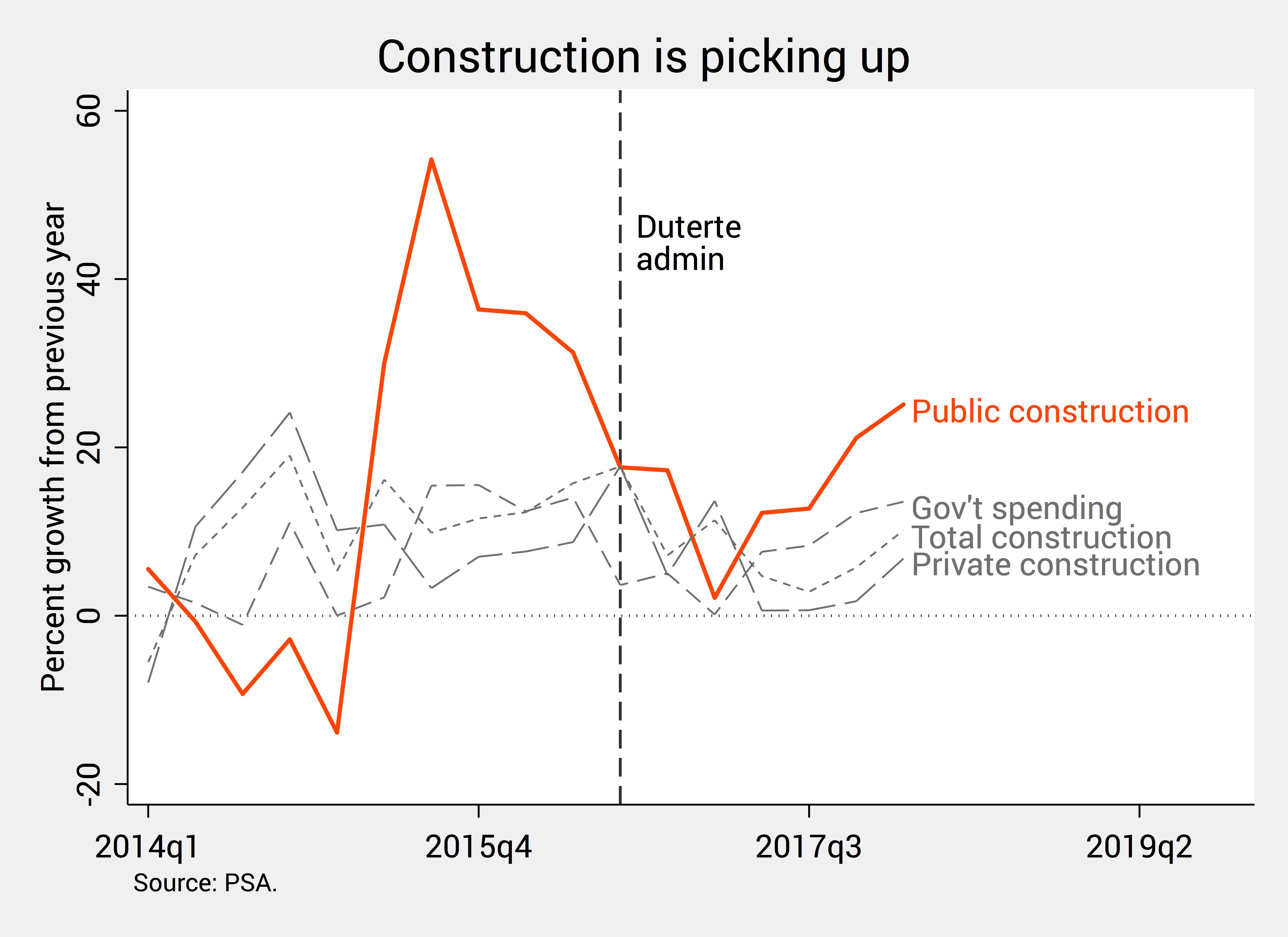
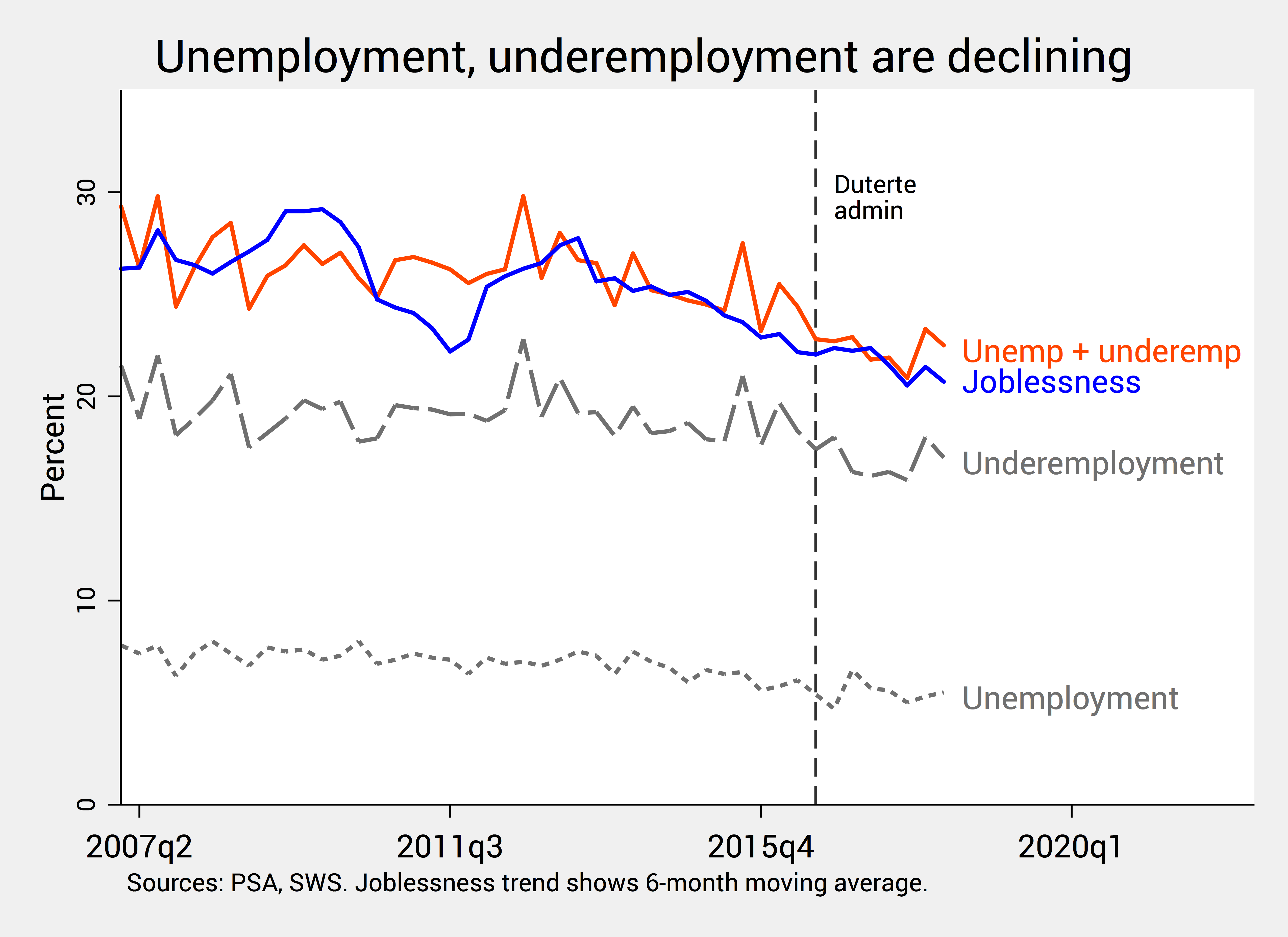
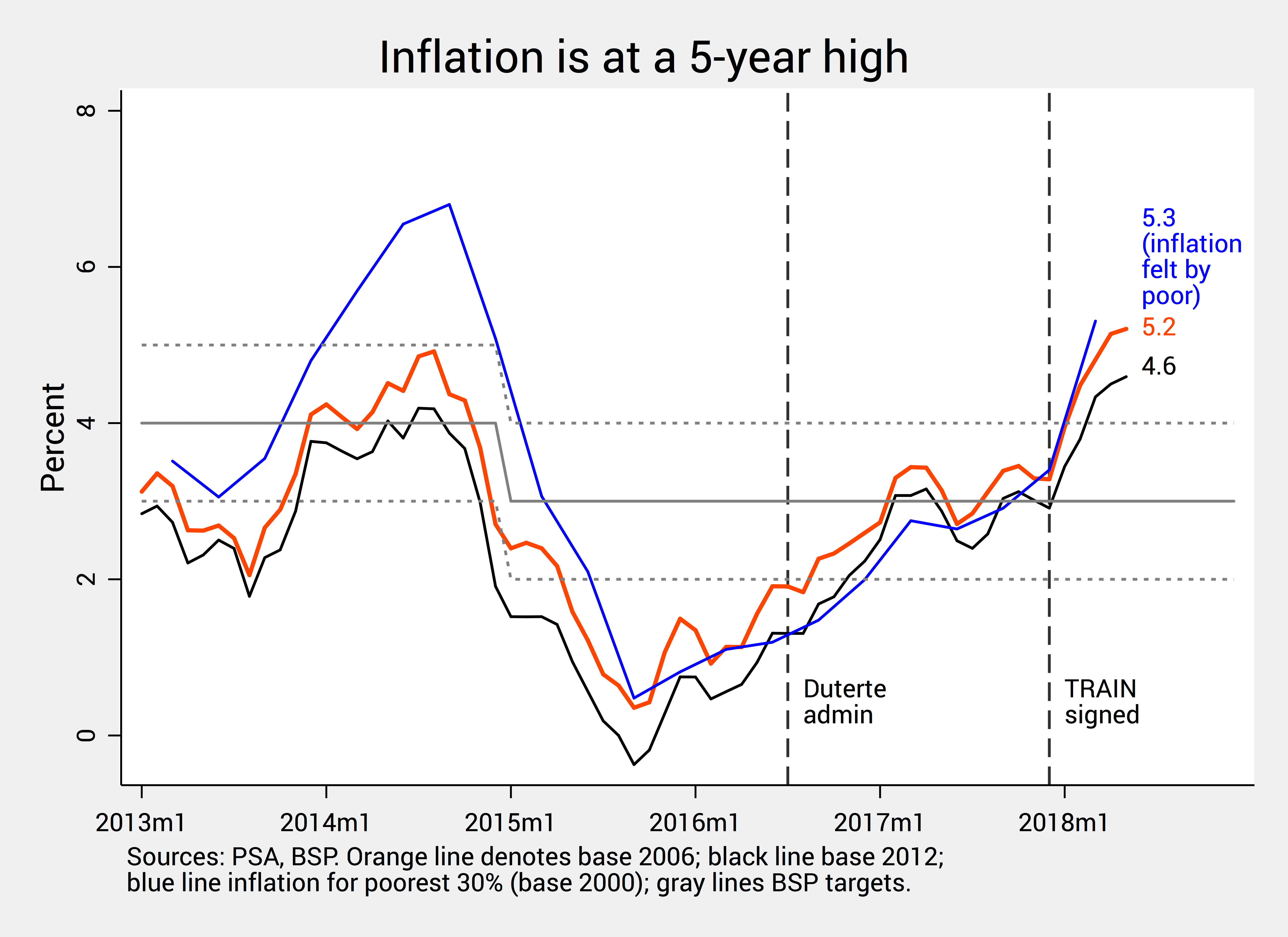
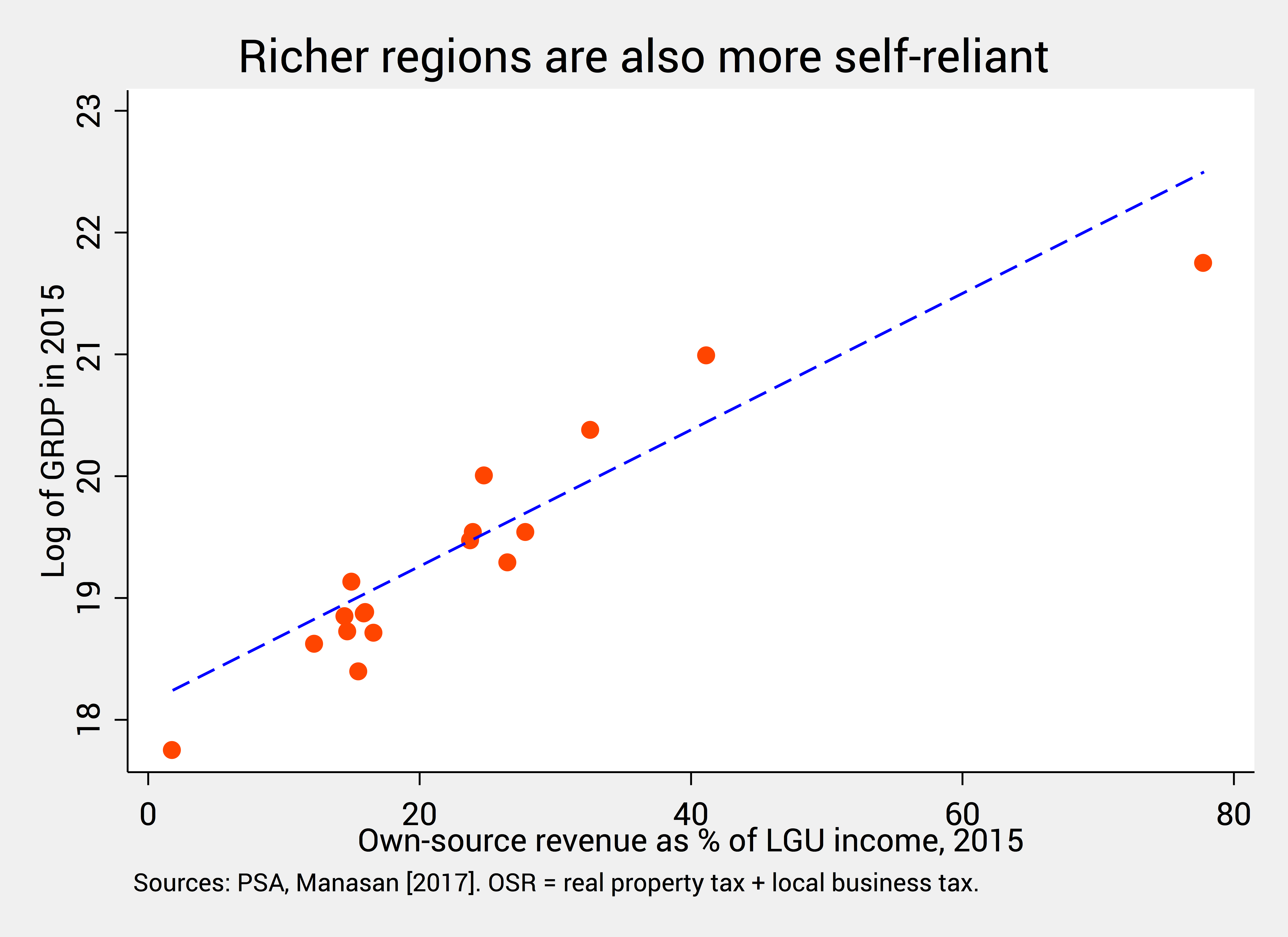


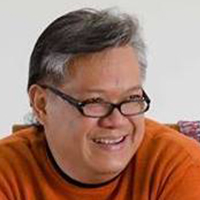 Isa sa sikat na salita pero di-kilala sa diksiyonaryo ang “mental.” Kung sa Ingles, ito ay isa lamang pang-uri; sa Filipino, ito ay isang pangngalan.
Isa sa sikat na salita pero di-kilala sa diksiyonaryo ang “mental.” Kung sa Ingles, ito ay isa lamang pang-uri; sa Filipino, ito ay isang pangngalan.